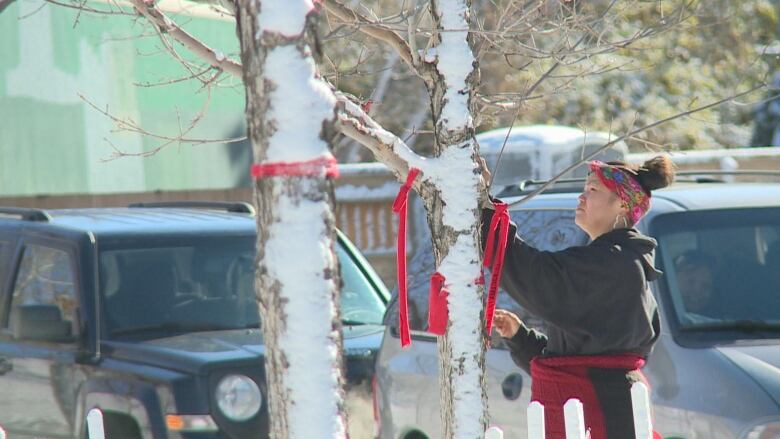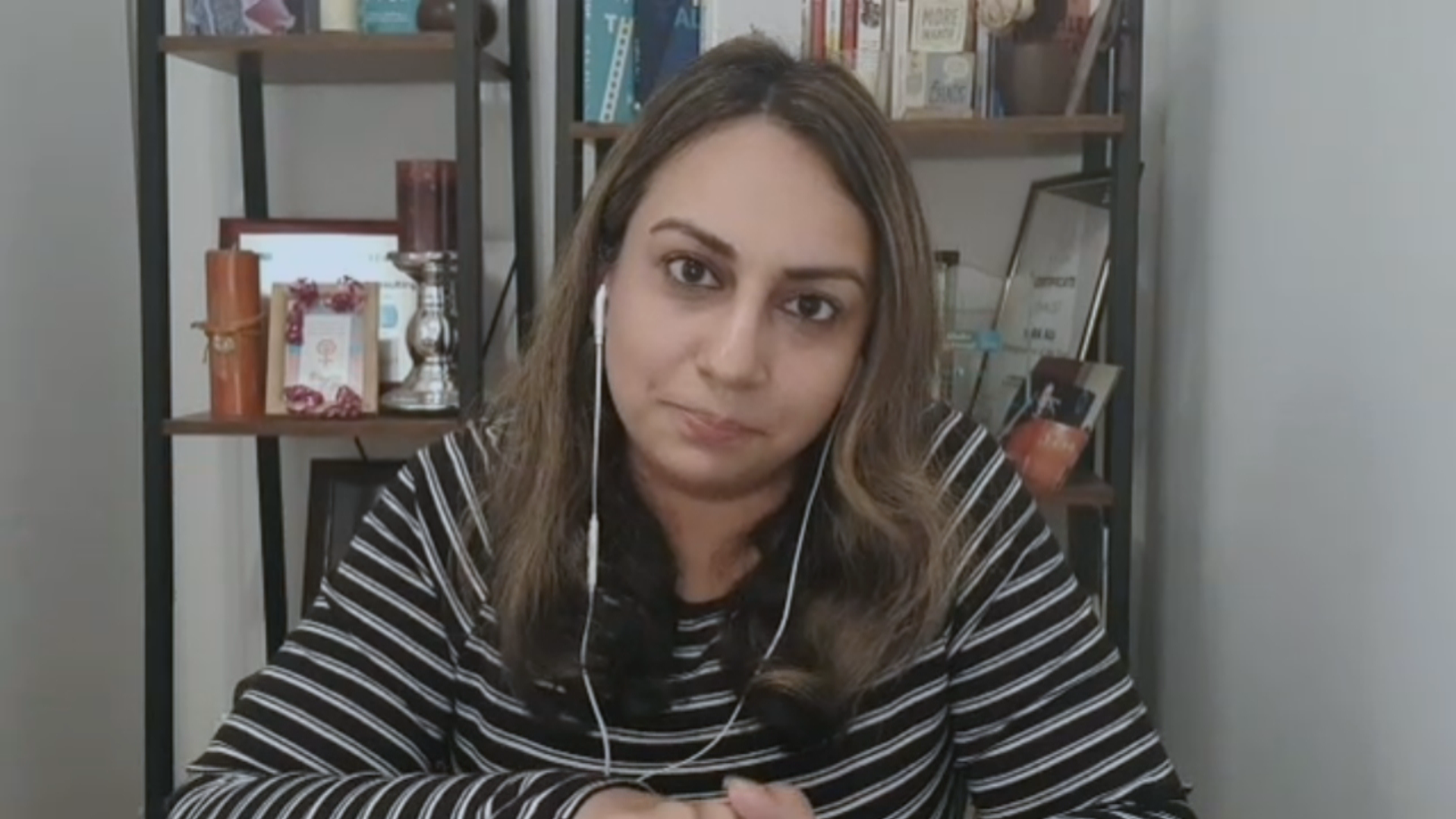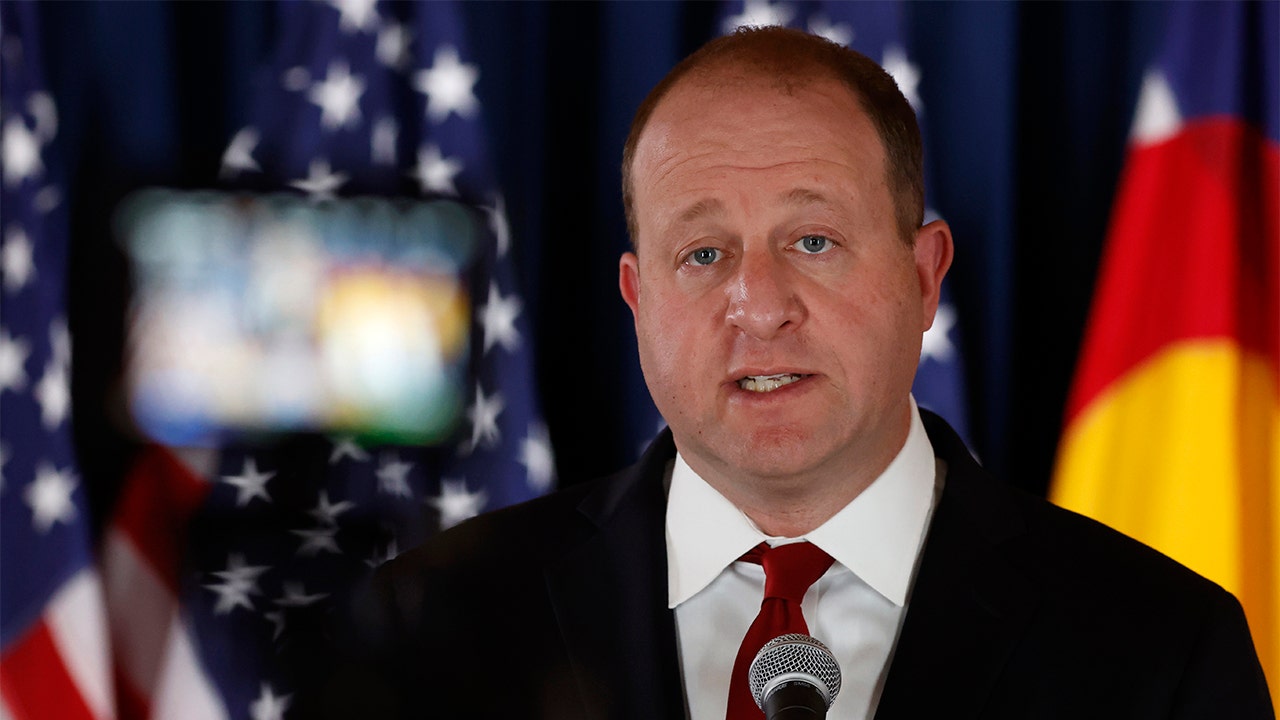Wash. state representative proposes new alert system for missing Indigenous women and girls
When Democratic Washington state Rep. Debra Lekanoff’s daughter returned from a Youth Conference held by the National Congress of American Indians four years ago, she was concerned for their safety as Indigenous women.
“[She] said, ‘Mom, we learned about the missing Indigenous women. We were taught how to keep ourselves safe as Native American girls. We were taught what the threatening situation is upon us,'” she told The Current‘s Matt Galloway.
Lekanoff’s daughter was particularly concerned for her mother, who is Tlingit and Aleut. Lekanoff was the governmental affairs director for the Swinomish Tribe at the time, and she often travelled across the United States alone.
That’s when she had an idea for an Amber Alert-style system for missing Indigenous women.
“She’s like … ‘Why isn’t an alert going out, telling the world, mom, that one of us [is] missing?'” Lekanoff said.
Four years later, Lekanoff is trying to bring that idea to life. Earlier this month, she helped propose legislation, House Bill 1725, that would implement an alert system specifically for missing Indigenous people.
The bill was placed on second reading in the Washington State Legislature on Tuesday If passed, the bill will be the first of its kind in the United States.

Lekanoff likens her proposed system to the Silver Alerts used for missing people with Alzheimer’s disease and other types of dementia. She said it could deliver details about missing Indigenous women to Washingtonians through news broadcasts, highway alert systems and cellphones.
Lekanoff said this system would symbolically amplify the “unheard screams of the impact of what’s happening and occurring on this crisis of missing and murdered Indigenous women.”
“My daughter should know that when she goes out at night, she should not be fearful of her life — as is every daughter, every grandmother and every young lady to yet to come.”
An ongoing crisis
In a study of 506 unique cases of missing and murdered Indigenous women, the Urban Indian Health Institute — a division of the Seattle Indian Health Board — found that the Pacific Northwest and Alaska had among the highest number of cases in the United States.
Among individual states, the UIHI found that Washington and Alaska alone made up just over 24 per cent of the cases.
“Native American women go missing four times as much as a white woman in Washington state,” Lekanoff said.
It is a crisis [within] the United States and Canada. It is a crisis that every citizen should be aware of.-Debra Lekanoff
Additional barriers muffle the voices of many of these women, she added — sometimes even after their bodies have been found.
“When you come across a murder victim, right on the … Washington State coroner’s card, there isn’t even a checkbox for ‘Native American,'” she explained. “So many of these women get marked as another race — and we never know, and they’re never found.”
She also noted a low awareness of the “atrocity of the history of Native American women,” thanks in part to the American mainstream news media’s lack of coverage on the issue.
The problem exists in Canada, too, according to Marion Buller, the former chief commissioner for the National Inquiry into Missing and Murdered Indigenous Women and Girls.
“There’s a 24-hour news cycle, and then it’s gone,” she said. “We have to — as all Canadians, but especially editorial boards — have to say … this is newsworthy, and we’re going to cover it.”
WATCH: Author Hira Ali discusses ‘affinity bias’ in media coverage of gender-based violence
Author Hira Ali discusses the ‘attention gap’ between media coverage of missing and murdered white women and women of colour. 7:19
On top of that, Buller said police services have to be held accountable too.
“Police services as a representative of Canada said they don’t talk to each other very well,” she said. “They don’t share data very well. They don’t share technology very well.”
In a 2012 study published in the Canadian Journal of Law and Society, many Canadian police agencies were found to “actively suppress” racial data when reporting crimes.
Steps have since been taken to improve data collection, but Buller said police services still need to “find creative ways around the obstacles that we’re facing sharing data.”
“There has to be the will there to change, and the will comes from understanding that this is a critically important issue for all Canadians,” she said.
Removing barriers and borders
If the bill passes through the state legislature, Lekanoff hopes it will serve as a strong reminder that every life matters, no matter the person’s race or background.
“It’s not just an Indian issue, it’s just not a Native American issue, it’s just not an Indigenous issue,” she said. “It is a crisis [within] the United States and Canada. It is a crisis that every citizen should be aware of.”
All women [face] lack of safety if one group is facing lack of safety.-Marion Buller
She hopes that a national system could eventually be established throughout the U.S., and that Canada follow, with the two working in tandem.
“Many of our women are taken back and forth across the border,” she said. “We would be able to build such an incredible alert system if our governing bodies would remove those barriers, such as a border.”
The Current reached out to the office of Marc Miller, Minister of Crown–Indigenous Relations Canada, on the feasibility of a cross-border alert system, and are awaiting a response.
Buller said setting up such a system would first have to overcome some logistical challenges, but affirmed the importance of cross-border co-operation.
“All women [face] lack of safety, if one group is facing lack of safety … and I think we have to remember that,” she said.
Written by Mouhamad Rachini. Produced by Ines Colabrese and Idella Sturino.





